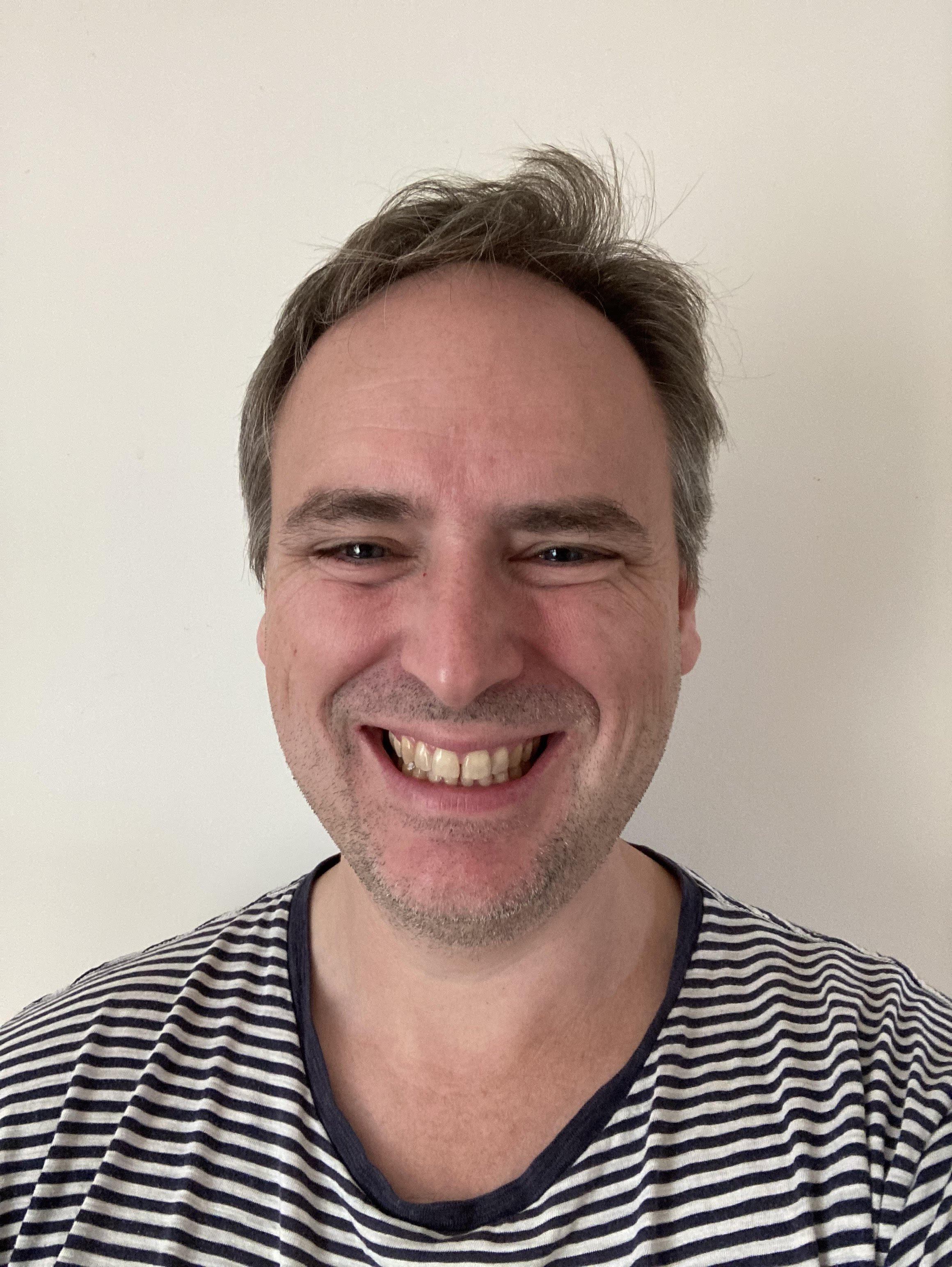Return to Mnemosyne: Poetic Imagination as an Archaeology of Consciousness
If the age of modernity and its search for rational certainty is coming to an end, is it time for despair at an inevitable oncoming doom? Or is it rather a propitious moment to draw from other human faculties? If reason cannot lead us out of many of our contemporary situations, what about imagination?
In Greek traditions, the figure of Mnemosyne stood as the leader of the Muses and the goddess of memory. Deep in the underworld, at the mouth of the river of forgetfulness, Mnemosyne presided over a pool of memory. In some traditions, those inhabited by poetic inspiration were given the possibility to walk up to the pool, where the stories of the world were gathered, never to be lost, and nourishing their souls’ imaginations by drinking deep from those waters.
Inspired by this mythical figure, this final talk of The Convivial explores the suggestion that poetic language, narrative and symbols always inevitably involve delving deep into human consciousness, returning to the ground of language and working with ancient mythic sources. Countering the impulse of modernity to sever its roots from the past, poetic knowledge can recover and bring to light the deep time and slow growth of our words and stories, our thoughts and our practices, and re-discover crucial arcs of meaning that have traversed humanity. This archaeological exploration, it will be argued, yields a kind of knowledge that is much more than passing historical interest, but has the potential to renew creative thinking, practice and the unfolding of new planetary imaginaries. Words and tales as old as time are inscribed in human consciousness, and it is in their creative re-discovery that we can come to something like a poetic memory that also bears transformative potential - the return to Mnemosyne.
Speaker
DR VALENTIN GERLIER teaches at Schumacher Wild and the Temenos Academy and is guest teacher and lecturer at numerous other institutions including the University of Notre Dame (London Gateway), the University of Cambridge, the Catholic Institute in Toulouse, France and the Institute of Critical and Creative Writing, Birmingham City University. His forthcoming monograph is entitled Heaven’s Wildflowers: A Blakean Theory of Nature, Culture and Imagination (2026).

